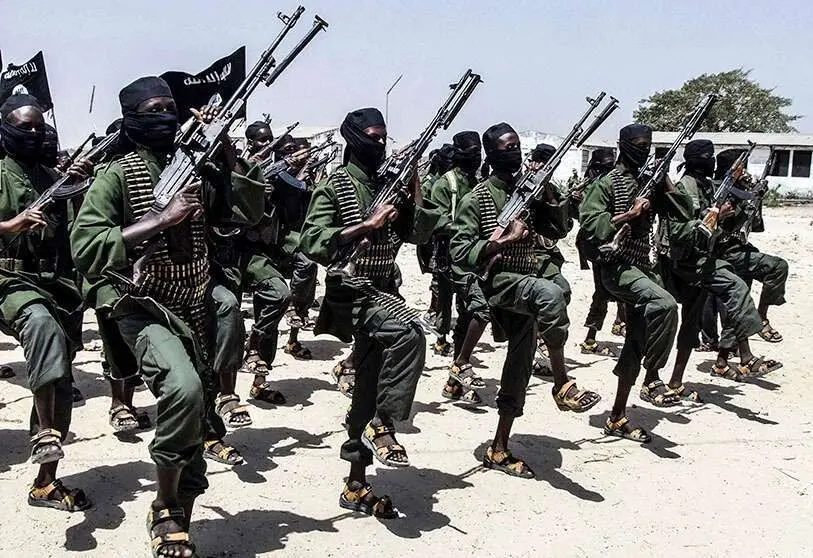Daesh reorganization

Although the news has been full for the last three months with the development and effects of the COVID-19 pandemic, we must not forget the permanent fight on the part of Daesh (ISIS), which has continued to be present in Syria, Afghanistan, Iraq and, above all, in Western Africa and the Great Sahara.
During this time, Daesh has been reorganizing and modifying its strategy, with a new order of priorities and, internally, with the preparation of its troops and recruitment on all fronts. Perhaps the most striking is the Islamic State in the Greater Sahara (ISGS) group led by Adnan Abu Walid al-Saharaui, which has gained much ground in Mali and Burkina Faso. Its actions are devastating and it has managed to recruit a good number of jihadists to the cause.
The Islamic State Front in West Africa (ISWA) is also very operational and jihadism experts warn of the possibility of the formation of hundreds of small sleeper cells in European countries, especially Germany, France and Spain, which could be ready to act at any moment.
With extreme dedication to combating the effects of the coronavirus around the world, Daesh has found precious time to make changes throughout his organization and has strengthened both the chains of command and the structure, logistics, resources, training camps and attack design and preparation. By temporarily abandoning tourist objectives, since the virus has been responsible for undermining the economies of the countries to be fought in this area, he is redirecting his actions towards controlling territories and attacks with a greater impact on the political than on the economic.
The virus of terrorism, like COVID-19, has not disappeared and remains among us. The data provided by Daesh himself is surprising (and certainly not reliable), indicating that after Ramadan its troops have grown by 400% and resources have increased exponentially. The various anti-terrorist 'intelligences' are very concerned about the options for new germ warfare material that the organisation may have acquired. Daesh will continue to use knives, butane cylinders and vehicles in Europe for attacks, but we must prepare ourselves for attacks of another calibre that could put hundreds of thousands of people in danger anywhere in Europe.
With all this, the 'good' news is the disputes, lack of coordination and direct confrontations between Al-Qaeda and Daesh. They have broken, at least for the time being, their possible relations and complicities for the holy war, while there are even confrontations between them in Mali and Burkina Faso. Daesh's strength and operational capacity should not be underestimated by the various States, since they have conspired to reappear with strength on the international scene. The virus has had the virtue of attenuating its presence and capacity for movement, but has left wide open avenues for its military and financial reorganization.
The security forces of States must be alert to this new reality, working hard on prevention and early detection, even though they know how complicated it is to combat an enemy that usually moves stealthily and will take advantage of any opportunity left to strike again.
Francisco Pineda Zamorano.
Expert in International Relations and Cooperation.

